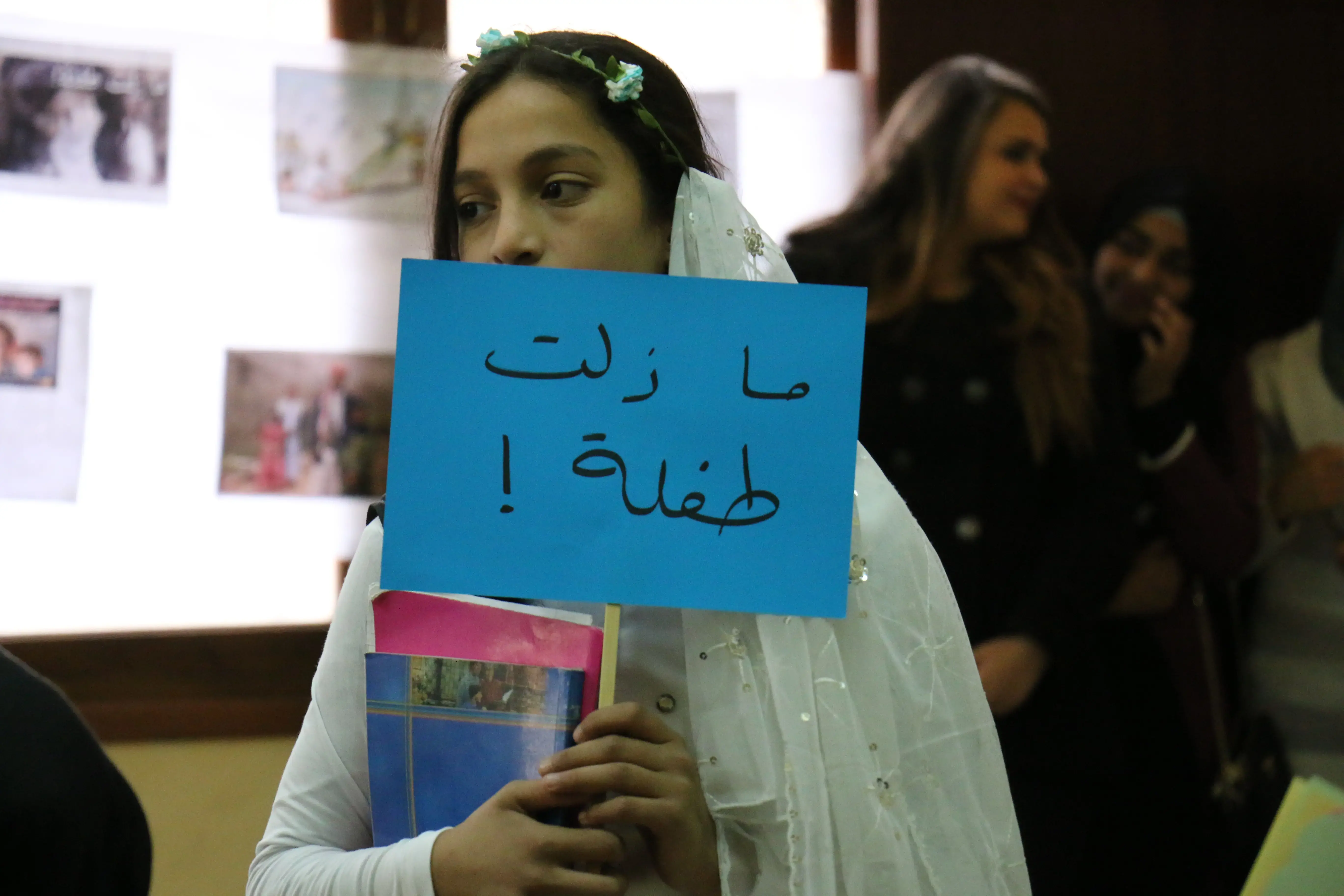Gender Equality and Gender-Based Violence
Through its support and in partnership with various humanitarian actors, UNFPA in Lebanon was able to address GBV needs and priorities including life-saving interventions through capacity development targeting health service providers, social workers, media personnel and journalists, and law enforcement officers; empowering women through enhancing their capacities on a wide range of soft skills (i.e. life skills, problem solving, livelihood skills, interpersonal skills, financial management, etc); service provision through supporting case management, listening and counselling centers, legal as well as focused/non focused psycho-social support, women safe spaces and shelters, as well as provision of treatment to service delivery outlets for rape cases; generation of evidence through carrying out various needs assessment and research on GBV situation (related to GBV, youth, and RH), mapping of services available, gaps, as well as conducting rapid evaluation and impact assessment of GBV interventions, etc; system development through strengthening the GBV component (such as case management and GBV Information Management System - GBVIMS) within the national protocols and service delivery guidelines as well as support the development and update of the GBV referral pathways and the implementation and coordination of the GBVIMS through an inter-agency GBVIMS coordinator hired by UNFPA (on behalf of UNFPA, UNHCR and UNICEF); development of resources such as a training manual on communicating with survivors of violence, a training manual for media personnel, a training manual on the new domestic violence law, etc; coordination on GBV and CMR with the relevant partners and humanitarian actors; institutional building through integrating courses on GBV – with emphasis on humanitarian settings – to midwifery and medical students at university level; outreach and awareness raising targeting women, young girls, and community leaders on GBV prevention, services, referral, etc; mass media campaigns in selected areas such as on girl marriage, the domestic violence laws, the personal status laws, etc; and procurement and distribution of women dignity kits to women and girls based on UNFPA’s mandate as well as identified need. In 2021, UNFPA will be introducing a cash and voucher assistance component linked to its programmatic interventions mainly SRH and GBV. Since 2020, UNFPA ensured that activities are being provided through remote modalities due to COVID19 pandemic. In addition, UNFPA is a key factor in promoting gender equality and empowerment of women and has been collaborating with national entities to develop and support the implementation of the national women strategy as well as the national action plan on women, peace and security. Furthermore, UNFPA is also co-leading the SGBVTF, GBVIMS and PSEA network. The SGBV Task Force is an Inter-Agency working group tasked to coordinate the GBV response within the Lebanon Crisis Response Plan. More than 60 organizations, among UN agencies, INGO, NNGOs, government institutions, community based civil society organizations (CBOs) and research/academic actors are members of the SGBV Task Force.
GBVIMS Steering Committee is the body coordinating the functioning of the GBVIMS - the information management system that safely and ethically collects, analyses and shares data related to GBV collected during service provision.
The Lebanon PSEA Network serves as the primary technical body for coordination and oversight on protection from sexual exploitation and abuse (PSEA) by international and national personnel of the United Nations (UN), and NGOs (Non-Governmental Organizations) and IGOs (Inter-Governmental Organizations). The Lebanon Network functions under the auspices of the Resident Coordinator / Humanitarian Coordinator (RC/HC) and the Humanitarian Country Team (HCT).


